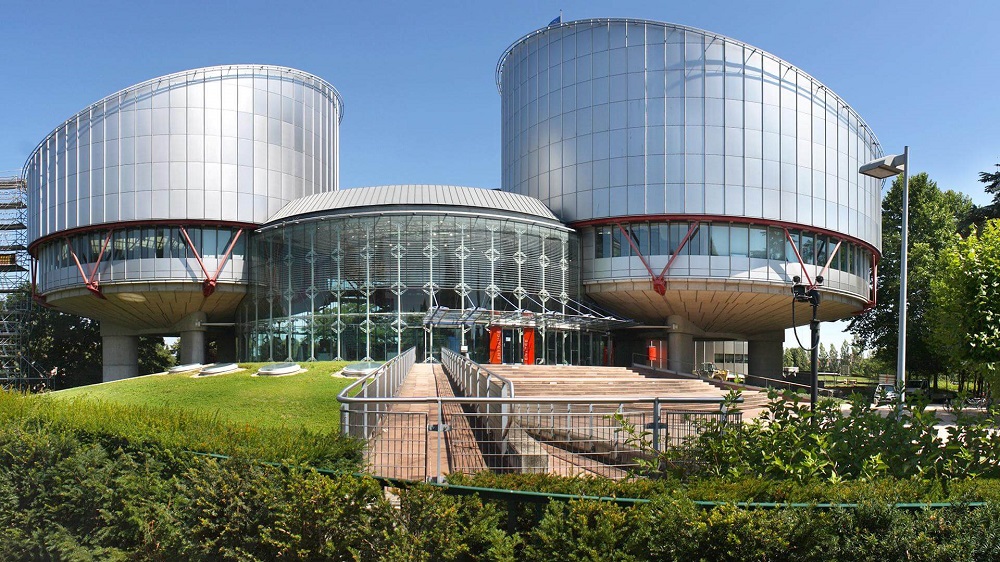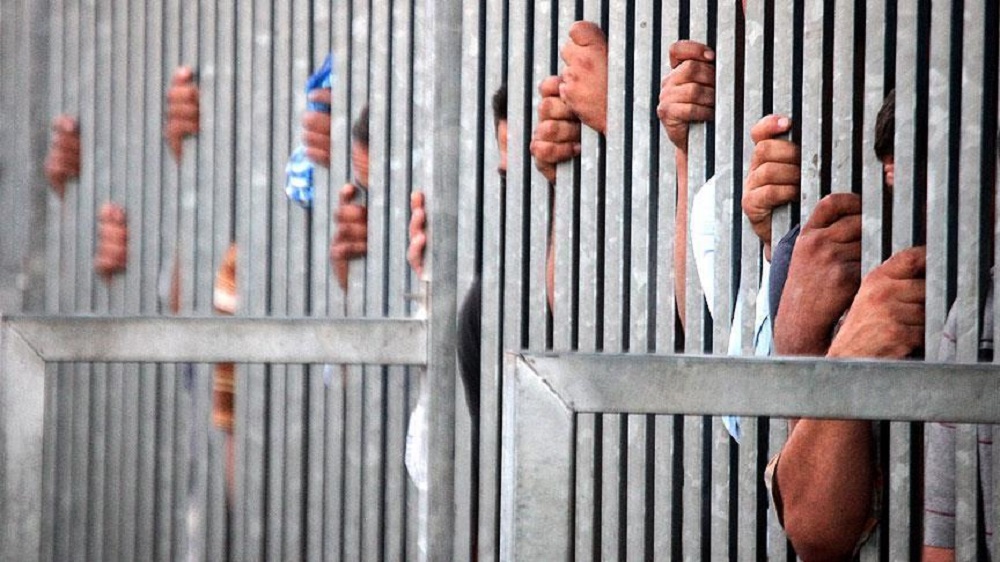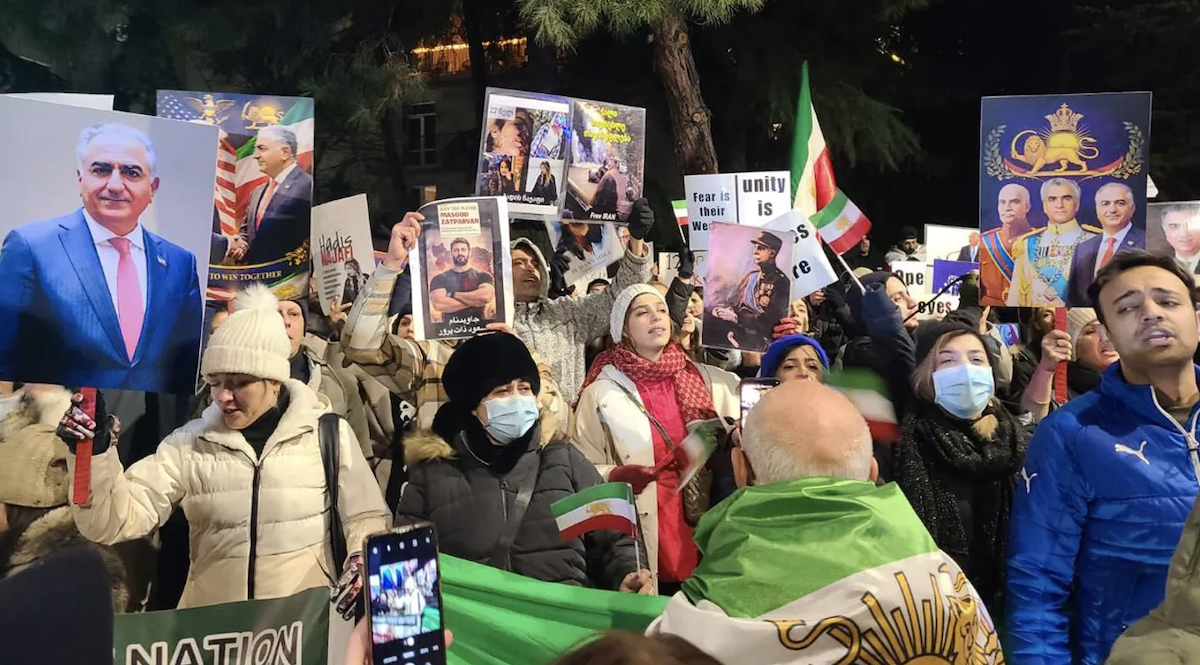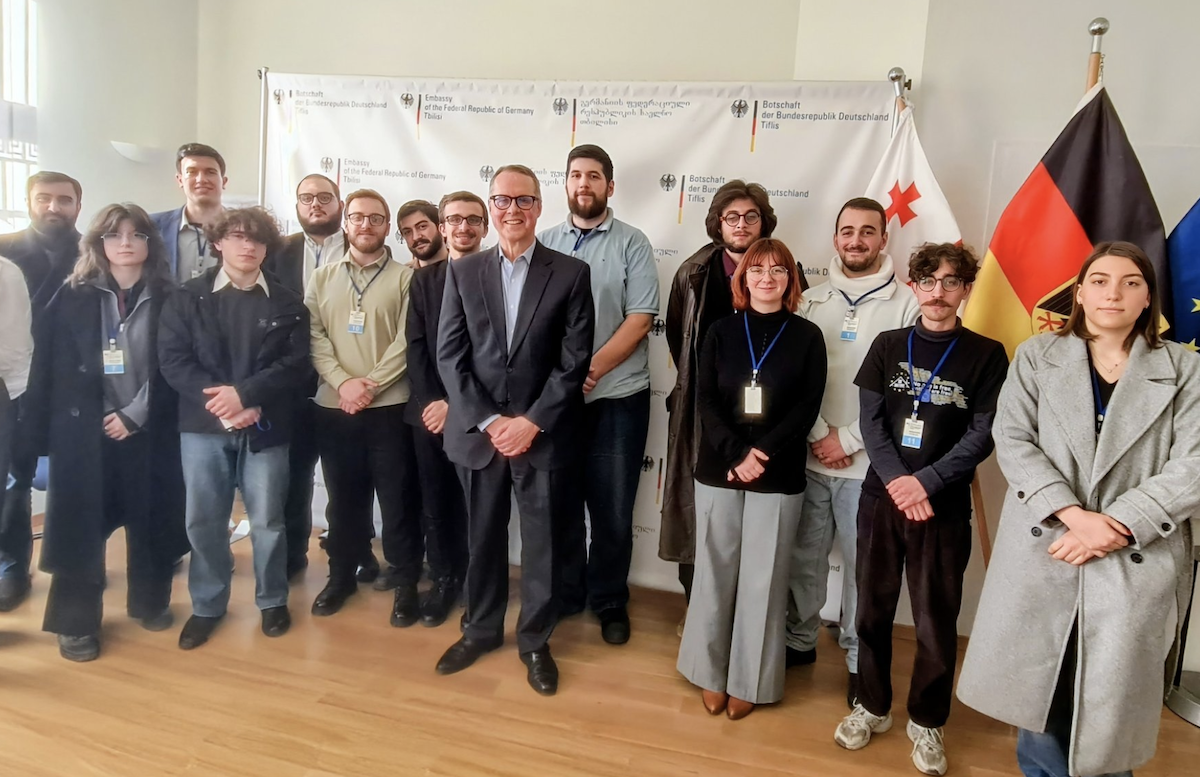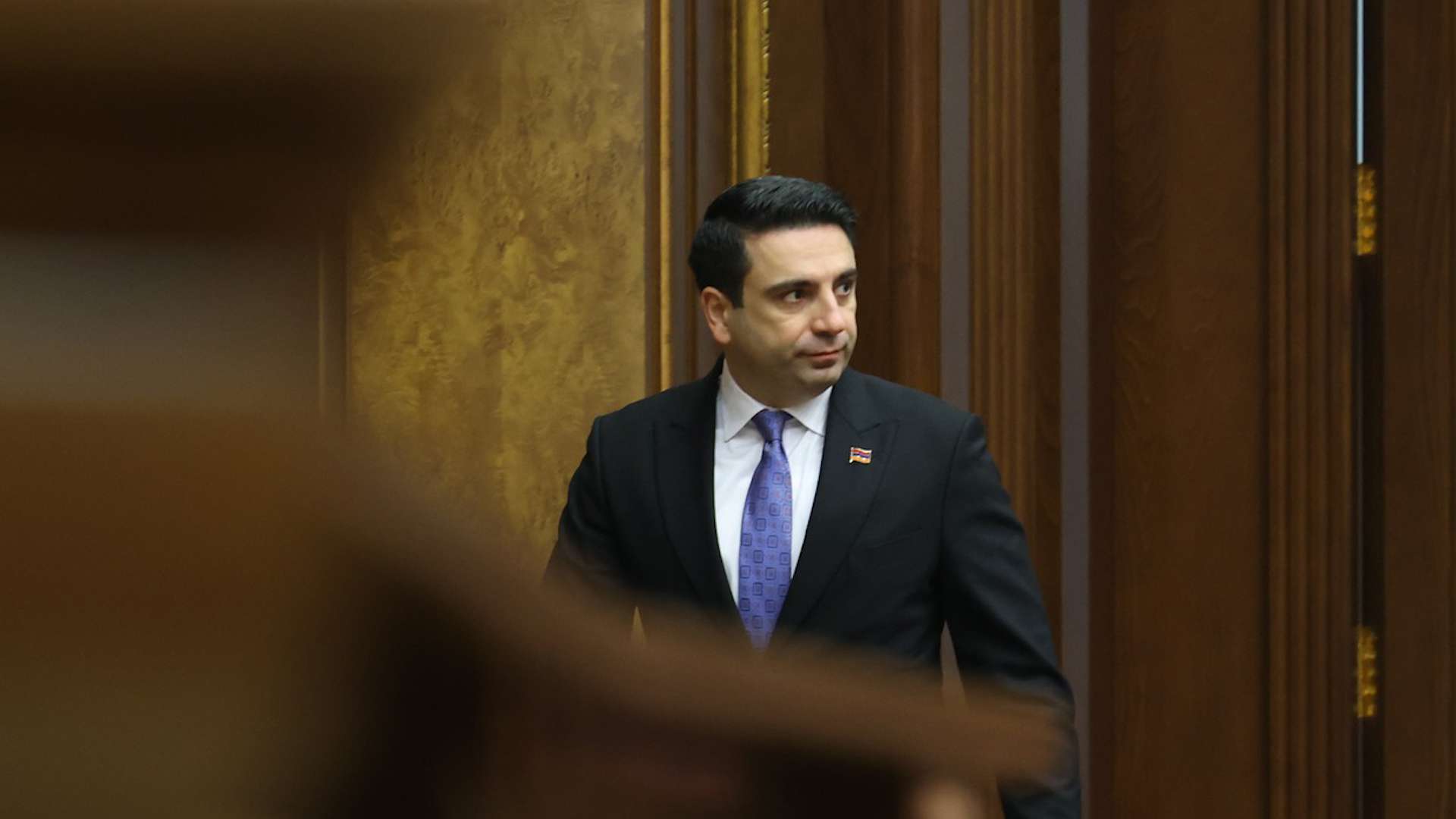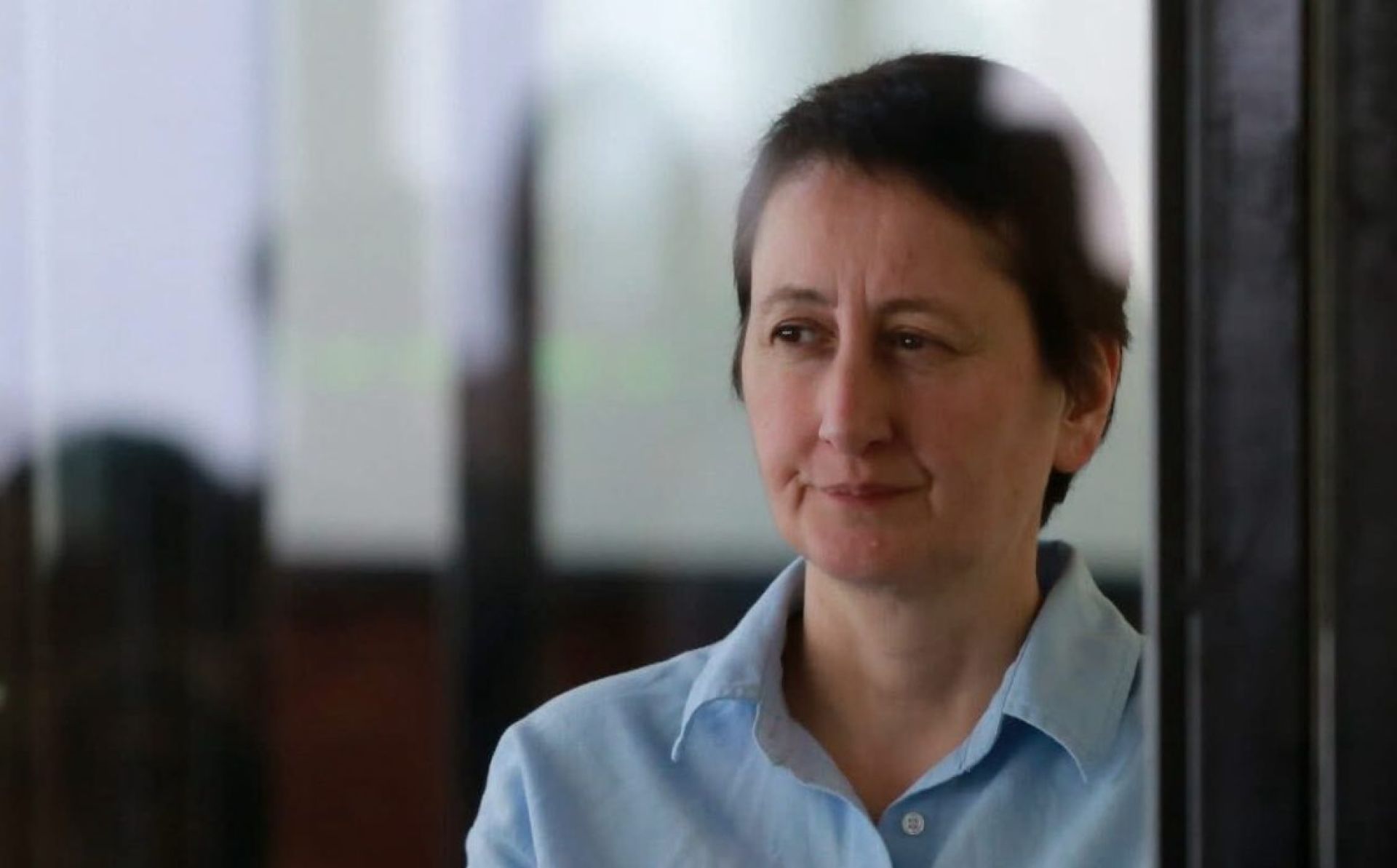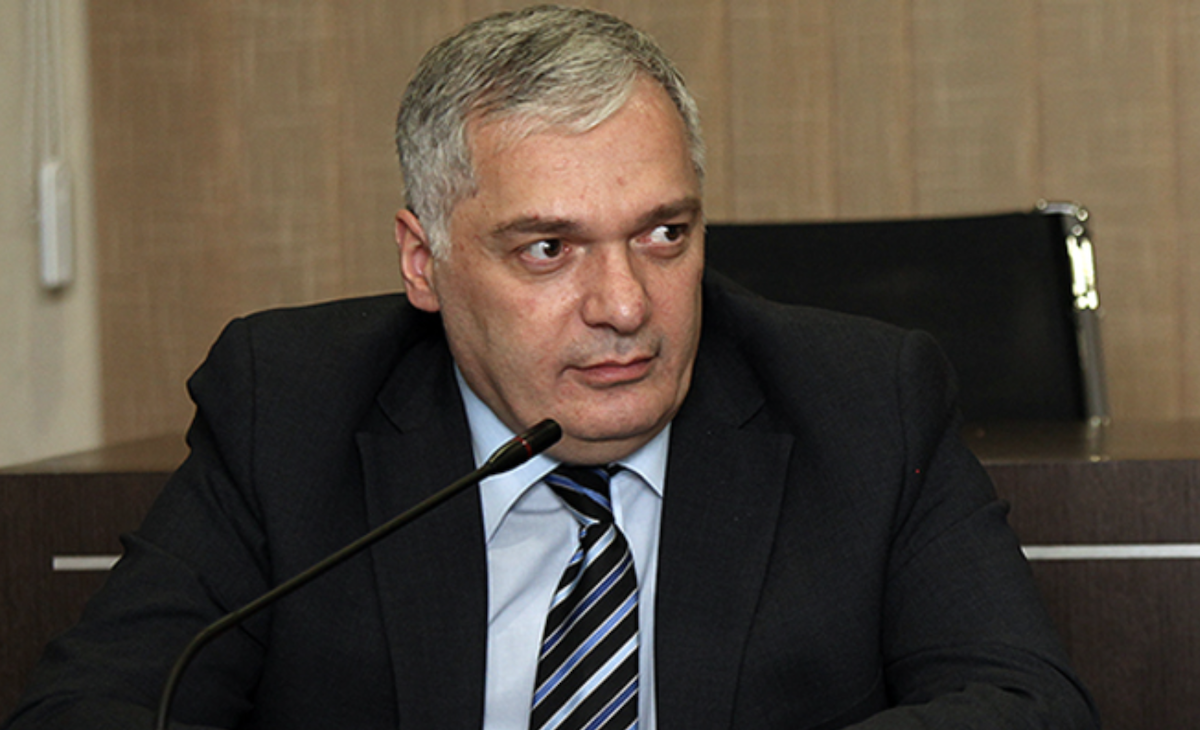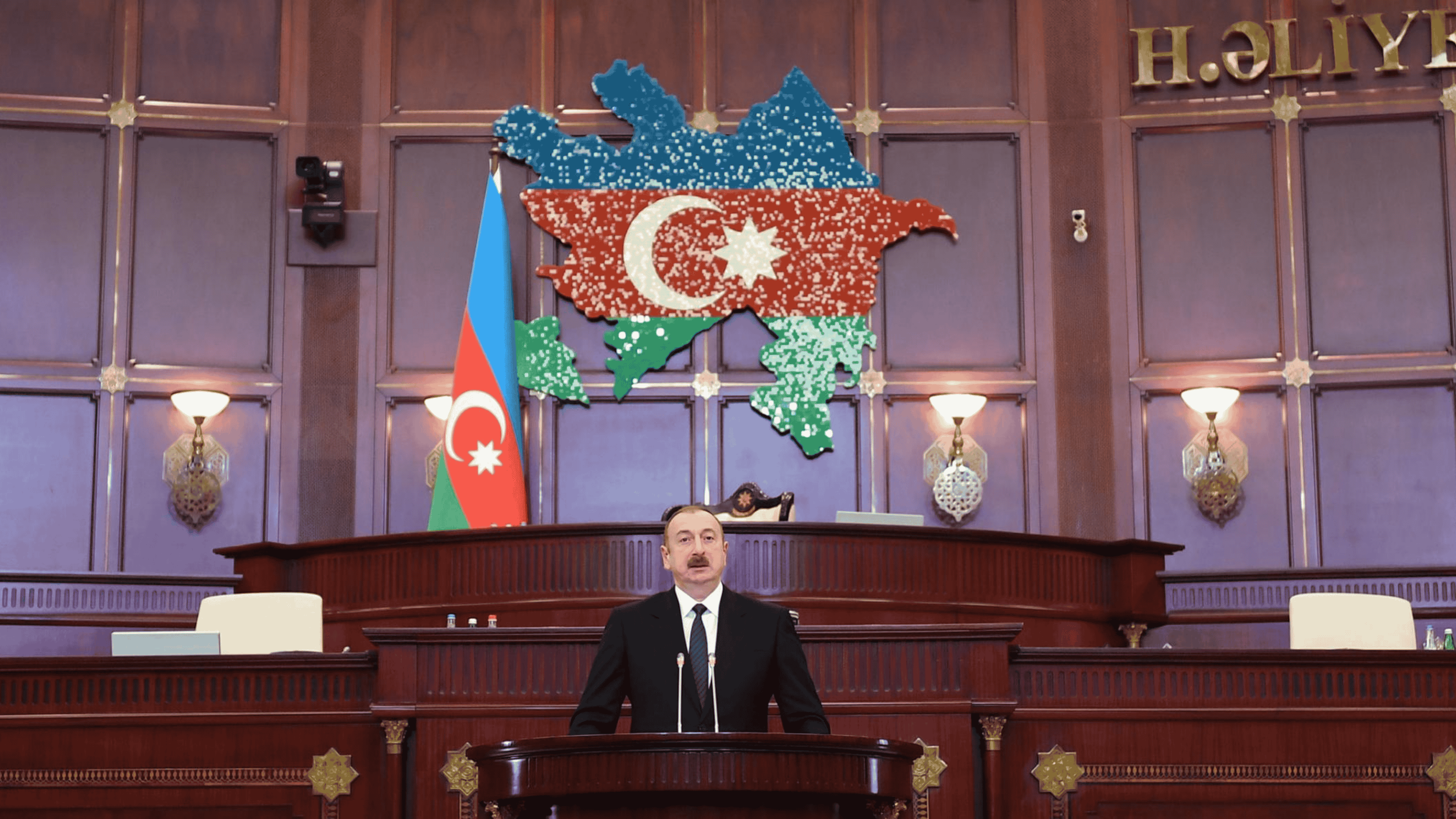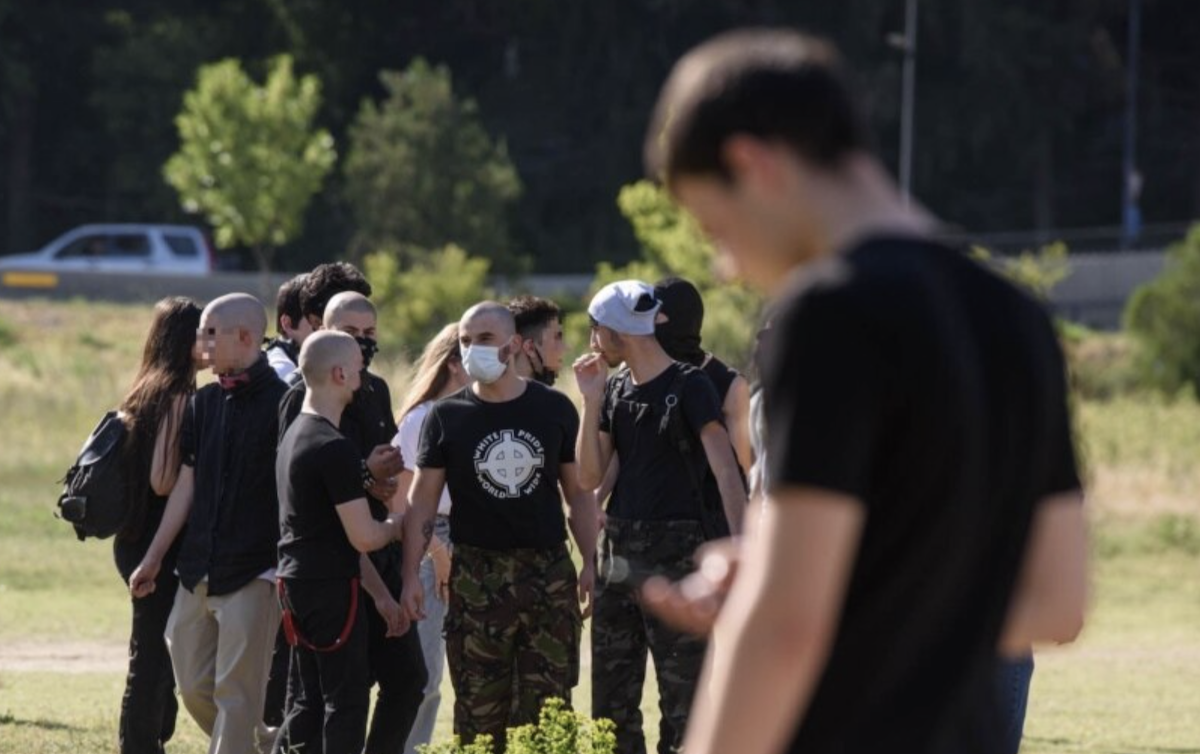Azerbaijani government to compensate detainees during "Nardaran events"
ECHR and the “Nardaran events”
The European Court of Human Rights has announced its decision in three cases based on more than ten applications from Azerbaijani citizens. By the decision of the European Court, the Azerbaijani government is compelled pay a total of 64,000 euros to eight detainees during the Nardaran events of 2015. The court’s decision was made despite the protests of the plaintiffs, who considered the amount of compensation insignificant and demanded clarification of how the Azerbaijani authorities would fulfill their obligations under the European Convention on Human Rights.
- “There are elements trying to undermine our partnership” – US Ambassador to Georgia
- Ruben Vardanyan leaves Karabakh? Comment from Baku
- What the ex-minister of defense, now one of the leaders of the opposition in Armenia is accused of?
Two of the three decisions were made on the basis of an agreement between the parties, and one on the unilateral proposal of the Azerbaijani government.
The plaintiffs in the cases examined complained mainly of torture, harsh treatment by law enforcement, unfair decisions by local courts, and violations of property rights.
Jabbar Jabbarov and others v. Azerbaijan
All the applicants in this case were arrested in the village of Nardaran near Baku and other settlements of Azerbaijan during the “Nardaran events” of 2015 and were members of the Muslim Unity movement. Then they were imprisoned on various charges.
All plaintiffs complained about the abusive attitude of police during arrest, which, they claim, was to extract false confessions for the sake of the authorities.
Nardaran events
The bloody clash that took place on November 26, 2015 in the Baku suburb of Nardaran entered the modern history of Azerbaijan as the “Nardaran events”. Seven people were killed, four were injured, and fourteen people were arrested.
Two of the dead were police officers, the rest local residents. After the incident the people of Nardaran held a protest, set up barricades and closed the entrances and exits to the village. Both sides blamed each other for what happened.
Three days after the bloody clash, the council of elders of Nardaran decided to stop the protest on Imam Hussein Square. Only after that, on December 1-2, 2015, the Ministry of Internal Affairs, the Ministry of State Security and the Prosecutor General’s Office conducted a joint operation, during which religious flags, posters and inscriptions were removed from the streets and squares of the village, and another nineteen people were arrested on the pretext of weapons possession.
Seven years later one must still go through a police checkpoint. When entering the village, you must indicate exactly who you are there to see and you will be allowed into Nardaran only if this information is confirmed.
In the course of the communication, the Azerbaijani Government acknowledged the violations alleged by the applicants. The Azerbaijani authorities offered to pay each claimant 8,000 euros in compensation and to exclude applications from the list of cases under consideration.
The applicants did not agree to this proposal. They noted that although the government recognizes the violation of their rights, it is not entirely clear how it will continue to fulfill its obligations under the European Convention on Human Rights. The applicants also noted that the defendant did not name the steps it would take to take to make up for violation of their rights. The plaintiffs also said the compensation offered was too low.
And yet according to the verdict of the European Court, the Azerbaijani government is obliged to pay 8,000 euros to the applicants – Dzhabbar Dzhabbarov, Etibar Ismailov, Abbas Huseynov, Ibragim Khudaverdiyev, Ramil Seyfullayev, Mubariz Ibrahimov, Dzhabir Aliyev and Ruzi Ismailov – within the next three months.
The interests of the plaintiffswere defended by lawyers Elchin Sadigov, Nemat Karimli, Yalchin Imanov and Shahla Humbatova.










